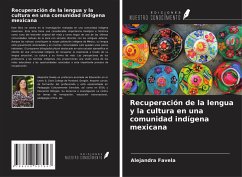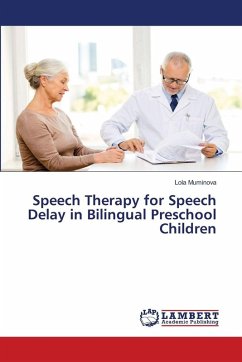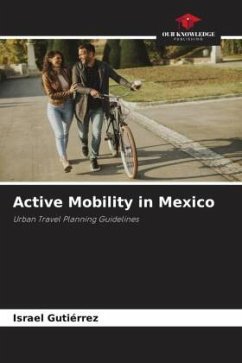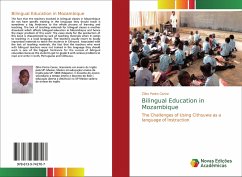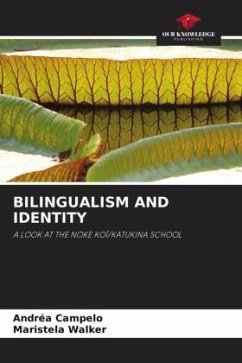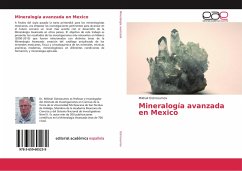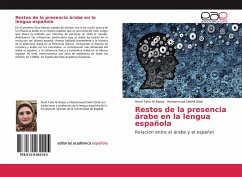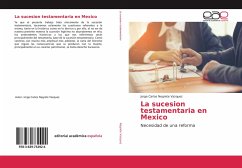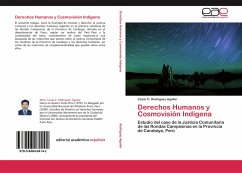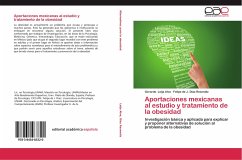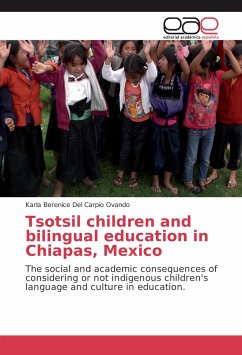
Tsotsil children and bilingual education in Chiapas, Mexico
The social and academic consequences of considering or not indigenous children's language and culture in education.
Versandkostenfrei!
Versandfertig in 6-10 Tagen
40,99 €
inkl. MwSt.

PAYBACK Punkte
20 °P sammeln!
The book is the result of an ethnographic research study conducted in a Spanish-Tsotsil bilingual elementary school in Chiapas, Mexico. The Tsotsil students and teachers who took part in this research show that additive bilingualism is possible through quality bilingual education. These teachers know and show that it is essential to preserve the Tsotsil language because it is a unique tool by which Tsotsil children and they can build their thoughts and can create, imagine and relate with other people. Teachers stated that language plays a key role in the transmission and maintenance of cultura...
The book is the result of an ethnographic research study conducted in a Spanish-Tsotsil bilingual elementary school in Chiapas, Mexico. The Tsotsil students and teachers who took part in this research show that additive bilingualism is possible through quality bilingual education. These teachers know and show that it is essential to preserve the Tsotsil language because it is a unique tool by which Tsotsil children and they can build their thoughts and can create, imagine and relate with other people. Teachers stated that language plays a key role in the transmission and maintenance of cultural traditions therefore they try to preserve the Tsotsil language and culture through important events at the school so that students feel connected to their roots.The findings reveal that when teachers care for their students, not only for the success of their academic performance at school, but also for their well-being as children, the possibilities for meaningful learning increase.



